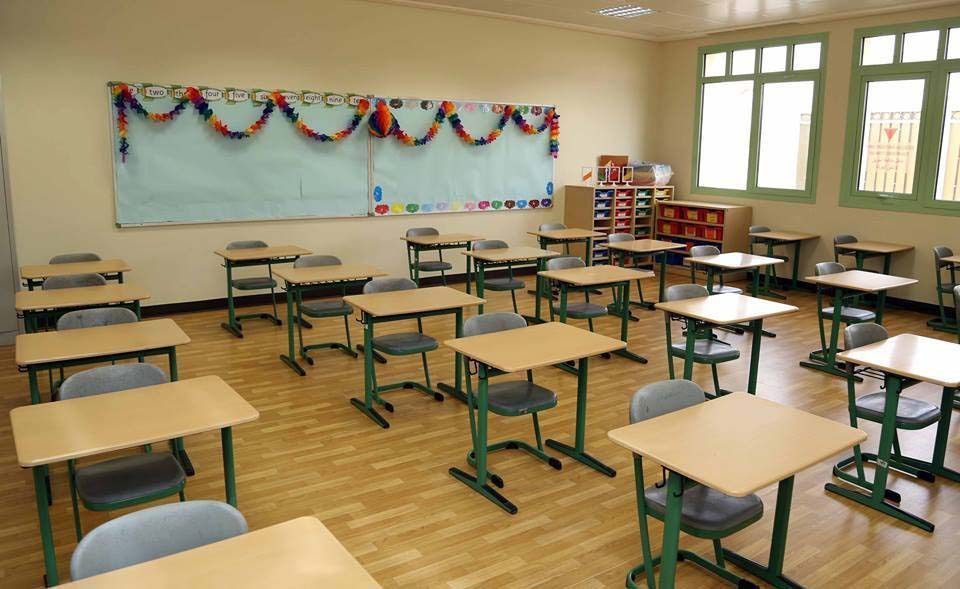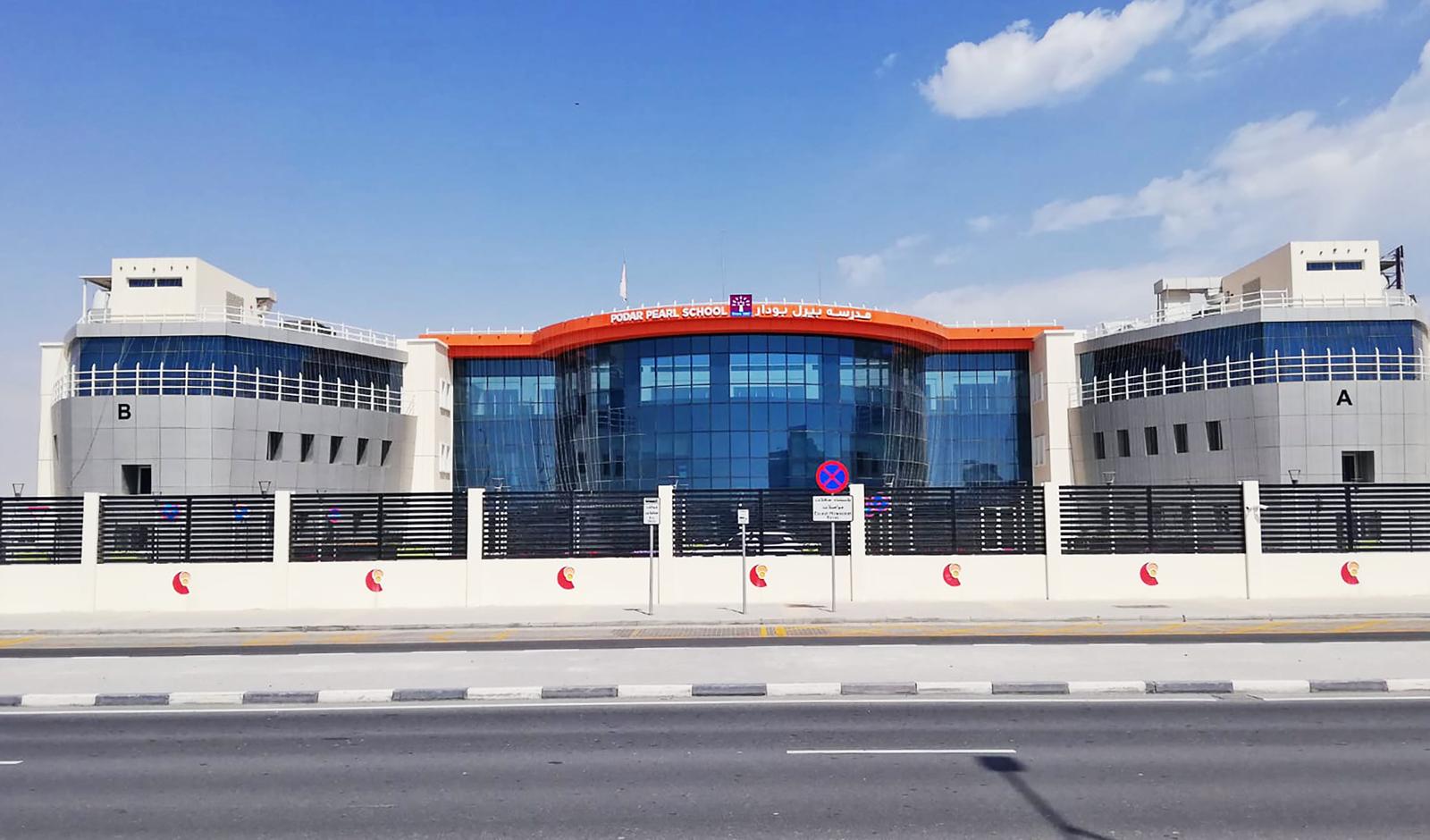
Qatar’s Emir has signed into law new penalties for private schools found to be operating without the proper licenses and approvals from the state’s regulatory authority, including jail terms of up to two years and fines up to QR100,000.
Law No. 23 of 2015, approved by Sheikh Tamim bin Hamad Al Thani, updates the previous legislation for privately-run schools, which dates back 35 years.
It enshrines into law the Supreme Education Council‘s (SEC) responsibility to approve all teaching materials, textbooks and other aids to ensure they are “compatible with religious values, customs and traditions of society,” according to Article 19 of an unofficial translation of the new law, which Al Sharq has published in Arabic.
Materials, tools or curriculum that don’t meet these standards can be withdrawn from use or be ordered to be changed, the law adds.
In force
Schools have one year to comply with the new legislation, a grace period that may be extended by the education minister for up to another year at his discretion.
Before opening, all private schools must apply in advance to the SEC for a license to operate. These will be issued for between one to tfive years, and are renewable.

Schools cannot operate without a license or make any changes to their license without pre-approval from the SEC.
Article 24 also requires schools to get prior approval from the SEC for its fees and any changes, according to regulations established by the country’s Education Minister.
Those operating without a license or who have changed the terms of their license without getting SEC approval face fines of up to QR100,000 and/or up to two years in jail according to the penalties laid out in Chapter 5 of the law.
The court can also order that an erring school be closed for up to 60 days, the law states.
Fines of up to QR100,000 can also be imposed on those who are found to have submitted false information to the authorities about the school or have wrong information on the outside of the school or in any of its publications.
Schools are also banned from receiving any funding or donations without approval from the SEC, and face fines of QR100,000 maximum if they are found to be violating this rule.
Finally, the new law requires schools to ensure that their daily timings as well as the start and end of their academic year and official holidays comply with decisions made on these issues by the SEC.
Previous decisions
In recent years, most schools have fallen in line with the SEC’s decisions on these issues, particularly the unified summer holiday dates that have been in effect since 2012.
The SEC oversees both Qatar’s state-funded independent schools, and also privately-run schools, including community schools, through its Private Schools Office.
Recently, the council announced that the 2016/17 academic year for independent schools will begin on Sept. 18, 2016, which is later than usual due to the Eid Al Adha holidays.
While it did not specifically mention private schools in this decision, the provisions of the new law mean that institutions will be obliged to follow the same schedule.

The new law also details that the council controls school buildings, facilities, equipment and all the materials and resources used for teaching within schools.
The SEC has recently published on its website detailed regulations relating to setting up and licensing private schools in Qatar, a full version of which can be found here.
With places in the state sector reserved for Qatari children, or for those with parents working in some government entities, the majority of non-Qatari families have to educate their children privately.
As Qatar’s population has soared in recent years, the cost of living has also risen, including the price of school tuition. Government figures published in August this year noted an 11 percent year-on-year rise for school fees in Qatar.
This figure is broad, and doesn’t take into account the massive disparity in fee levels for different schools in Qatar, which can range from QR10,000 a year to more than QR60,000 per student.

Still, amid complaints in recent years of increasing fees, last year the SEC brought in new protocols for schools wanting to increase fees and charges.
The council decides the maximum increase permissible for each school, based on criteria including the financial situation of the school, whether it has increased fees previously and parents’ and pupils’ assessment of the teachers.
However, schools have argued that the SEC’s limitations don’t take into account their rising costs, particularly in terms of teachers’ salaries and housing needs.
Some head teachers have also said that the rules discriminate established schools versus new schools, which can set their base fees at a much higher rate.
Thoughts?







